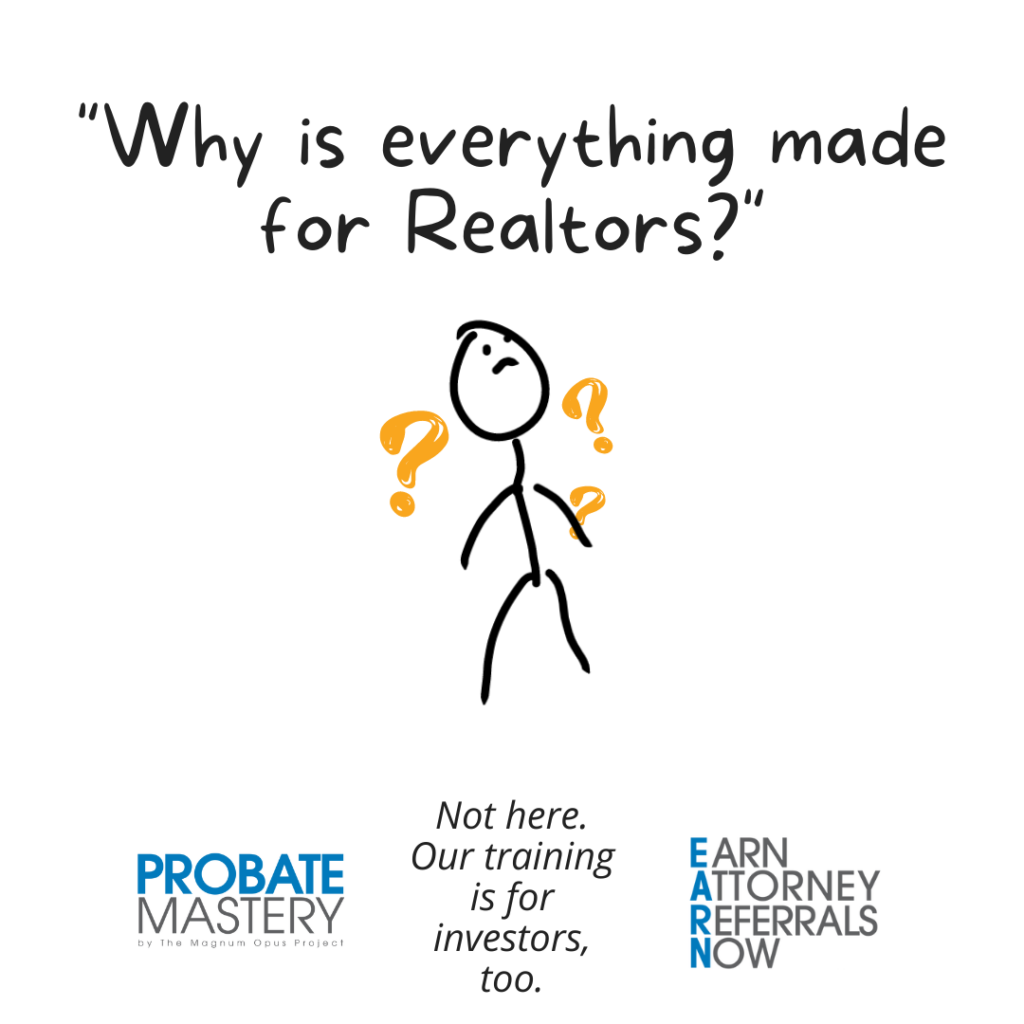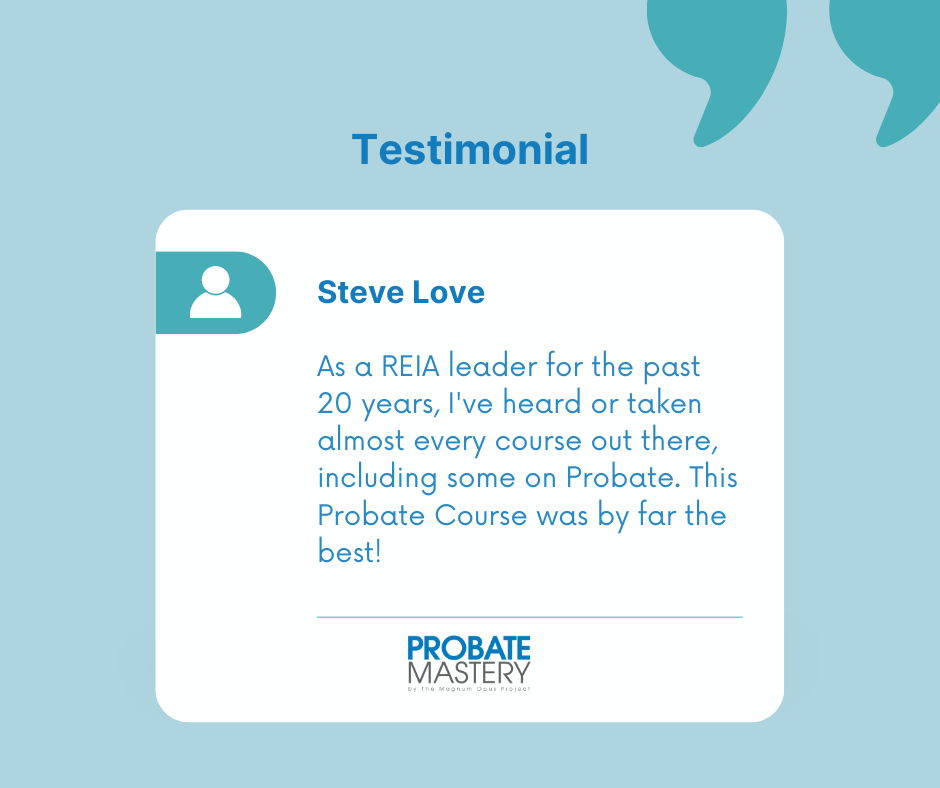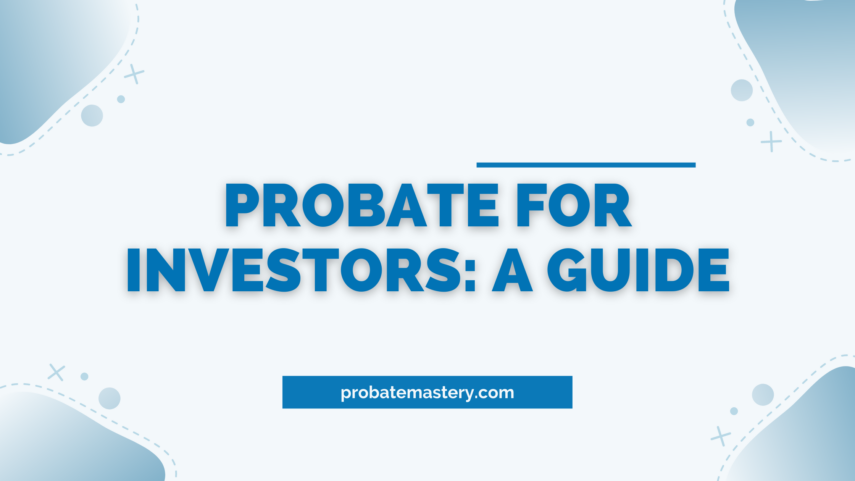We’re about to break down probate for investors. If you’re an investor looking for a new and profitable niche to explore, probate real estate may be just what you’re looking for. Probate is the legal process of transferring property from a deceased person’s estate to their heirs. This can be a great opportunity for investors because there is often a lot of property available at a discount, and the process can be relatively simple if you have the right training.
In this guide, we will give you an insider’s look at how to get started in probate real estate investing. We’ll cover everything from finding properties to negotiating deals to getting your money back out!
Table of Contents:
- What is probate real estate?
- When can you sell a probate property?
- How to find probate properties
- Finding probate properties in lists you already work
- What are probate leads?
- Probate Leads for Investors
- How to contact personal representatives about probate
- Probate Investor Training
- Probate certification course for investors
What is probate real estate for investors?
Investing in probate real estate involves property that is owned by an individual who has passed away, typically without a verifiable will. To transfer ownership of the property to the heirs, the estate must go through probate, which is a legal process overseen by the court.
Probate is great for investors because it often involves distressed properties and distressed sellers. Factors like urgency and lack of upkeep make probate properties great for all sorts of investment deals.
When can you sell a probate property?
The personal representative of the estate usually has the power to authorize the sale of probate property when they receive letters of testamentary or administration from the court. You will need to work with the personal representative of the estate and get their permission to disposition the property. Once you have their permission, you can buy the property yourself, move towards a sale with an end buyer, or disposition the property another way using creative financing. More on that below.
Keep in mind that traditional retail sales for probate properties can take longer than traditional home sales. This means sellers dealing with urgency are highly motivated to work with someone who understands probate investing.

We’re so glad you found us! Join our free community with 5000+ investors, attorneys, and agents who are more than just their titles.
How to find probate properties
The first step is to find probate properties near you. Some MLS platforms have “probate” as a search filter. If you have access to the MLS through a friend with a real estate license, or you are an agent who also invests, try starting here. This will make finding probate properties incredibly easy.
The next best thing to try is searching your local court’s website for probate filings. Probate is handled by the county court system, and a growing number of county courthouses have established online public records searches.
If your probate court doesn’t appear to offer records access online, the next thing to try is finding the correct point of contact for finding probate leads. This title might be “records clerk” or “registrar.” Search the probate court website for these terms and once you find that point of contact, reach out and request a record of probate filings for the last 30 days.
Whether this fails or not, another recommendation is to go to the probate court in person. Probate for investors can be a little tricky because some people have this stigma about investors just being out to get a quick dollar. This isn’t true, and skilled investors have helped families save equity that would have been lost in probate. But a great way to start finding probate properties is to do a records search right at the courthouse, and while you’re there, try these 7 things to do at probate court besides pull probate lead lists.
Finding probate properties in lists you already work
Another thing, probate properties can be found in many of the other ways you find distressed property or distressed seller leads. Investment properties you find while driving for dollars and door-knocking could be probate properties. Lists like tax delinquencies, notice of defaults, and vacant properties often overlap with probate situations as well. Becoming an expert in probate can help you win these opportunities.
What are probate leads?
A probate lead is simply an opportunity to buy a probate property. Probate leads can come from several sources, but the most common are:
– A death notice in the newspaper
– The public records at the probate courthouse
– An online search of probate filings
– Personal connections like family, friends, or neighbors
– A list purchased from a probate data vendor
Probate leads usually contain the name of the decedent, the name of the personal representative, and basic contact information. If you’re lucky, the probate lead will also include some details about the property, like an address or parcel number. This information is helpful, but not necessary to determine if a probate property is a good investment.
Tip: If you are strictly an investor, try to find a certified probate real estate agent in your area. They are likely already targeting probate leads looking for retail listings, and you could partner with them to work with families who need an investors’ help. You can do this through the Probate Mastery training program networking directory, or if you aren’t a Probate Mastery member you can use our free Facebook Group to network.
Probate Leads for Investors
Probate leads are one of the most important pieces of the puzzle when it comes to probate investing, but they’re not the only thing you need to be successful. In addition to probate leads, you’ll need to know how to:
– Speak with personal representatives
– Research the property
– Understand the probate process
– Negotiate with sellers, and end-buyers if applicable
– Handle any project management necessary
– Close the deal
We’ll cover all of these topics in depth in future blog posts, but for now, let’s focus on how investors can start to speak with personal representatives.
How to contact personal representatives about probate property
The biggest mistake investors make when looking for probate deals is letting the data have more power than a conversation with the personal representative.
What I mean is that probate data – whether it’s from a vendor or you pulled it directly from the courthouse – only shows so much. Information is limited and sometimes mistakes make public records have incorrect data. So when you’re looking at probate data, always remember that it’s just a starting point. The best way to get information about a probate property is to speak with the personal representative directly.
There are a few ways to contact personal representatives:
– Send them a letter
– Give them a call
– Connect with them on social media
– Attend the probate hearing (if applicable)
– Create content that helps them find you.
Of these options, the most tried-and-true is sending a letter and then giving them a call. Letters tend to get personal representatives’ attention more than emails, and calls allow you to build rapport quickly. With ready-made probate letters in the Probate Mastery course, it’s really easy to get started.
However, there are others who have built their entire business on going in-person to the courthouse, or working with attorneys for referrals, or using paid and/or organic content marketing strategies.
Whatever contact method you prefer, just remember the most important thing is talking to people!
Probate Investor Training
The best probate investor training gives you more than definitions. If you’re serious about becoming a probate investor, I recommend checking out our Probate Mastery training program. We offer an online course as well as live masterminds each week. Our curriculum is designed to give you the insider knowledge and strategies you need to be successful in probate investing.
We’ll teach you everything from how to find probate leads to how to negotiate with sellers. Plus, you’ll get access to our private networking directory and Facebook group where you can connect with other like-minded investors, agents, and attorneys.
If you’re ready to take your probate investing business to the next level, click here to learn more about Probate Mastery.

Probate Certification Course for Investors
Does a probate certification matter? That’s a great question, and the answer is maybe.
Some investors feel more comfortable having a probate certification because it shows they’ve completed a course on the subject. Others don’t advertise their title as much as the skillset they’ve learned through the program.
What we do know is that a growing number of attorneys are specifically aware how working with Certified Probate Experts can improve their business and the experience of their clients.
Don’t tell your agent friends, but attorneys prefer working with experts that understand probate wholesaling and investing.
I’m of the mindset: If you’re looking for a more comprehensive training program, it’s hard to find one that’s designed for investors, let alone one that actually gives you the skillset. Probate Mastery is designed for people who want to learn how to work with probate attorneys and personal representatives to provide better solutions to probate property problems.
You’ll learn how to find probate leads, market to personal representatives, and close deals (no matter the situation).
If you’re interested in becoming a probate expert, click here to learn more about Probate Mastery.
The bottom line is this: if you want to be successful in probate, you need to be willing to put in the work.
There’s no magic formula or shortcut. You have to be willing to talk to people, build relationships, and provide value.
If you’re ready to get started, we can help get you to the finish line of your next probate investment deal – and that’s just the beginning!


